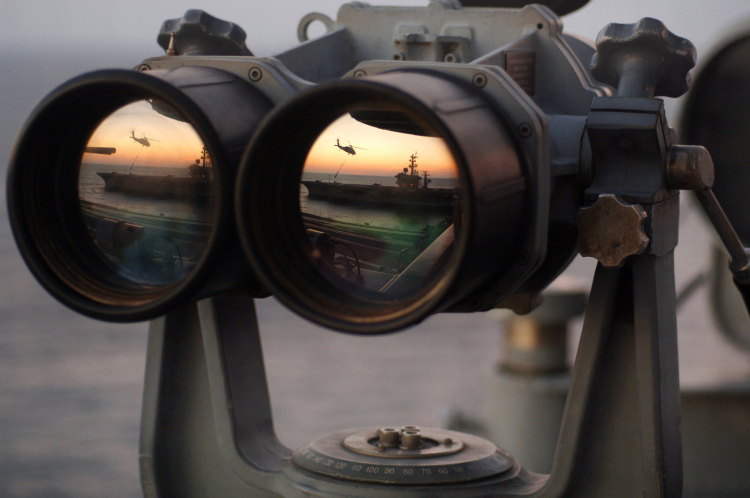Naval Culture in Crisis

A Call for Strategic Renewal in the U.S. Navy
The U.S. Navy is facing a crisis that extends beyond its physical capabilities and into the very core of its strategic, cultural, and spiritual identity. If no significant changes are made, the nation risks losing its dominance in the Pacific and other critical regions around the world. This warning comes from CDR Salamander, a respected military historian and commentator who has long highlighted the challenges within the naval leadership.
CDR Salamander argues that the current senior leadership of the Navy is not only failing to meet the demands of modern warfare but is also sleepwalking toward potential defeat in a great power conflict. He emphasizes the urgent need for a bold shift in leadership, one that moves away from the established norms of the past few decades. According to him, the current system of incentives and disincentives used to promote leaders has consistently resulted in sub-optimal performance. This failure is evident across all aspects of the Navy, from outdated personnel management practices rooted in Cold War thinking to struggling weapons programs.
Even if the public overlooks the recent incidents involving the USS Harry Truman, the greater threat lies in the potential conflict in the Pacific. This region poses the most significant danger to the United States' power, economy, and the stability of its allies. The challenge in the Pacific is particularly acute due to the vast distances and logistical complexities involved in projecting power across the ocean.
To grasp the depth of the Navy's decline, it's instructive to look back at the strategic clarity and cultural confidence of figures like Alfred Thayer Mahan. His insights remain relevant today, especially when considering the importance of logistics and shipbuilding in modern military strategy. However, there is a deeper, more spiritual issue affecting the U.S. high command. Since the 1990s, neoliberal politics have influenced a generation of military leaders to view their duty through a vague lens of constitutional ideals, often neglecting the broader context of the society they are sworn to protect.
Mahan, a visionary strategist, recognized the need for the United States to adapt to the rising commercial influence of Asian nations. He advocated for a dispassionate approach to international relations, emphasizing the importance of understanding the interests and necessities of other nations. While he valued universal human rights and liberal democracy, he believed these should take a backseat to practical considerations. Mahan’s strategic thought was grounded in the Christian tradition, which he saw as essential for engaging with Asia effectively.
He proposed that the U.S. military regime should interact with Asian countries positively, maintaining both military and cultural superiority. This approach was beneficial not only for the United States but also for Europe and the peoples of East Asia. Mahan’s vision bore fruit, as the U.S. Navy’s military superiority and the influence of Western Christian culture helped rescue Japan and South Korea after World War II.
However, the postwar era saw a decline in America's commitment to Christianity and the necessity of influencing Asian governments, particularly Communist China. This shift has led to a Navy that prioritizes procedural institutionalism over the necessary military and socio-cultural battles to maintain American supremacy and the associated order and prosperity in Asia.
In contrast to his predecessors, Pete Hegseth understands the importance of U.S. naval supremacy and the need to assert influence over China. In a recent statement in Singapore, Hegseth emphasized America's enduring presence in the Indo-Pacific, stating that the U.S. is an Indo-Pacific nation with interests that will persist for generations. He acknowledged the uncertainty surrounding China's actions but stressed the importance of preparedness.
To preserve peace and prosperity in Asia, the U.S. must reclaim its naval excellence. This requires not only improvements in logistics and strategy but also a renewed commitment to the principles that once guided global leadership. By embracing a clear strategic vision and reaffirming its cultural and military strengths, the U.S. can ensure its continued dominance in the Pacific and beyond.
Post a Comment for "Naval Culture in Crisis"
Post a Comment